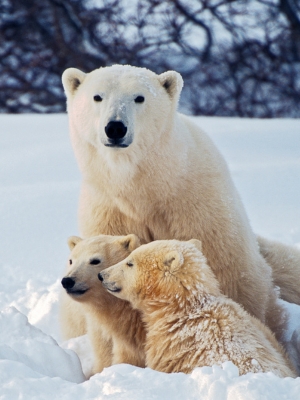This summer, many of us will take vacations. While some of us will choose to relax poolside or on the beach, others will adventure to exotic destinations abroad. Whether you prefer staying close to home or experiencing somewhere new, Responsible Tourism is always important.
What is Responsible Tourism?
Responsible tourism reduces negative impacts on the environment, local communities, and animals. In its best form, it can improve quality of life for local communities, promote cultural heritage, and benefit the environment and wildlife.
By contrast, “overtourism” refers to the negative impact of excessive numbers of tourists visiting popular destinations. These include reduced quality of life for residents in the area, pollution, strain on crucial resources, and an increased extinction risk for fragile native plants and animals. In some of the nations that experience overtourism, tourists can outnumber residents by as much as 33.5 to 1. According to National Geographic, a French startup called Murmuration discovered that 80% of travelers visit just 10% of the world’s tourism destinations, causing bigger crowds in fewer places.
Overtourism Hurts Animals and the Environment
The overexploitation of wildlife from tourist activities drives species extinction. With live wild animals, these activities include photo opportunities, feeding, petting, bathing, or swimming experiences, animal riding, safaris, and pseudo-sanctuaries. These largely unregulated interactive animal experiences are extremely popular among tourists. According to Groupon’s Nicholas Halliwell, zoos, aquariums, and animal attractions “are among the most popular on our marketplace.” Some of the most popular animal activities include swimming with dolphins, visiting elephant “sanctuaries,” and riding camels.
Irresponsible wildlife tourism comes at a steep price for the animals involved. It can cause negative changes in animals’ behavior or social structure that inhibit survival or breeding success. It can harm their health by feeding them unnatural foods. It can expose them to illnesses, and it can cause fear and stress. The infrastructure to accommodate tourism can also damage habitats. Wildlife tourism can cause issues for the humans living in these areas. In communities that share space with wildlife, unnatural interactions with humans as part of tourist activities can increase instances of human-wildlife conflict. This includes crop-raiding or aggression towards humans.
How to Be a Responsible Tourist
Responsible wildlife tourism contributes to conservation, supports species recovery, and encourages creation and protection of national parks or reserves. It is vital that tourists carefully consider the experiences available to them and their potential impact on wildlife. Despite good intentions, tourists often believe false advertising and misinformation surrounding experiences with animals. Below is a list of tips to help you travel responsibly.
Reject experiences that:
- Offer direct physical contact with animals.
- Keep animals in unnatural environments, situations, or constraints.
- Breed and keep animals in captivity for profit and human entertainment.
- Fail to contribute meaningfully to wildlife conservation or support local communities
- Fail to educate people about natural animal behaviors
In addition, try to vacation during the off season, buy local to support communities, and research the impact of activities before booking.
Safe (and responsible) travels!
Keep Wildlife in the Wild,
Devan
Dear Reader,
We are a nonprofit committed to wildlife conservation, welfare, and rescue. Making resources free and widely distributed, like our news items, is an important part of our mission. If you found this article helpful, enjoyable, or enlightening, please donate to help keep these resources available, and Keep Wildlife In The Wild.
Thank You,
The Born Free USA Team

 Dear Reader,
Dear Reader,